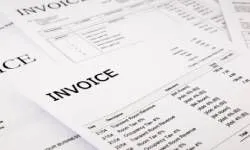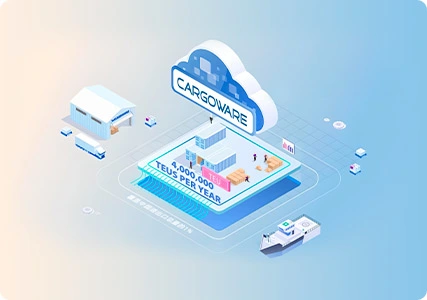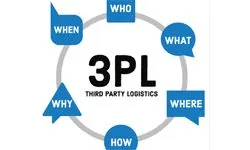
Pro forma and commercial invoices play important roles in global trade. Pro forma invoices are used as preliminary estimates and to secure payment, while commercial invoices serve as final bills for goods sold and are used to facilitate payment and comply with regulatory requirements.
The key distinction between pro forma and commercial invoices is that a pro forma invoice is not a demand for payment, while a commercial invoice is. A pro forma invoice is an estimate that is subject to change, whereas a commercial invoice is a final bill for goods sold. In addition, a pro forma invoice is typically used for customs clearance and to secure payment, while a commercial invoice is used to facilitate payment and satisfy regulatory requirements.
What is a pro forma invoice?
A pro forma invoice is a non-binding document that provides an estimated cost of goods or services being purchased. It is often used in international trade transactions as a preliminary or pre-shipment invoice to facilitate customs clearance or to provide information to the buyer regarding the transaction. The pro forma invoice usually includes a description of the goods, their value, shipping costs, and any other charges that may be incurred. It is important to note that a pro forma invoice does not represent a demand for payment, and the final invoice may differ from the pro forma invoice due to changes in the transaction or unforeseen costs.
What is a Commercial Invoice?
A commercial invoice typically includes details about the goods being sold, such as their quantity, description, and price. It also includes information about the buyer and seller, such as their names and addresses, as well as details about the terms of the sale, such as payment methods and shipping terms. In international trade, a commercial invoice is often used for customs clearance purposes and may need to comply with specific regulations in the countries of import and export.
Proforma vs. Commercial Invoice: Key Differences
Firstly, proforma invoices are issued by the seller as a quote in response to a potential buyer's inquiry about the cost and terms of the sale. This document is not legally binding and is often used for estimates and negotiation. On the other hand, commercial invoices represent the final, agreed upon details of the transaction and are legally binding documents that provide proof of the goods and services purchased.
Secondly, the information included in these invoices differs as well. While both may contain similar information, commercial invoices should include any necessary additional export or import control information, and they provide customs agencies with important details for identifying appropriate duties, taxes, and other import fees, as well as ensuring compliance with export requirements. Proforma invoices, on the other hand, are used to negotiate price and terms and may be used to obtain import permits and arrange payment processes.
Thirdly, while proforma invoices are not used for accounting services, they can help with budgeting. Commercial invoices, on the other hand, are essential for accounting purposes as they provide an accurate record of sales and can be used to track income. Therefore, it's important to keep them in your records with supporting documents such as purchase orders to demonstrate proof of the transaction.
When to Use a Proforma vs. Commercial Invoice?
A proforma invoice is typically issued when a potential customer requests a quote for products or services. It outlines the cost of the goods or services and the terms of the sale, allowing the customer to review and negotiate the terms before making a purchase. This document is not legally binding and is used primarily for financing purposes and to secure import permits or other necessary documentation.
On the other hand, a commercial invoice is a legally binding document that outlines the final details of the sale, including the agreed-upon price and terms of delivery. It provides proof of the goods and services purchased and is necessary for customs clearance, as well as for accounting and record-keeping purposes.
To ensure a smooth transaction, both documents should be used in any commercial transaction involving international trade. The proforma invoice is used at the beginning of the transaction process to outline the terms of the sale, while the commercial invoice is used to provide proof of the sale and is necessary for customs clearance and accounting purposes.
eTower is a cross-border e-commerce logistics software platform. If you want to know more information and other applications, welcome to contact us, please visit our website at https://www.etowertech.com/. We will be happy to help you out!









